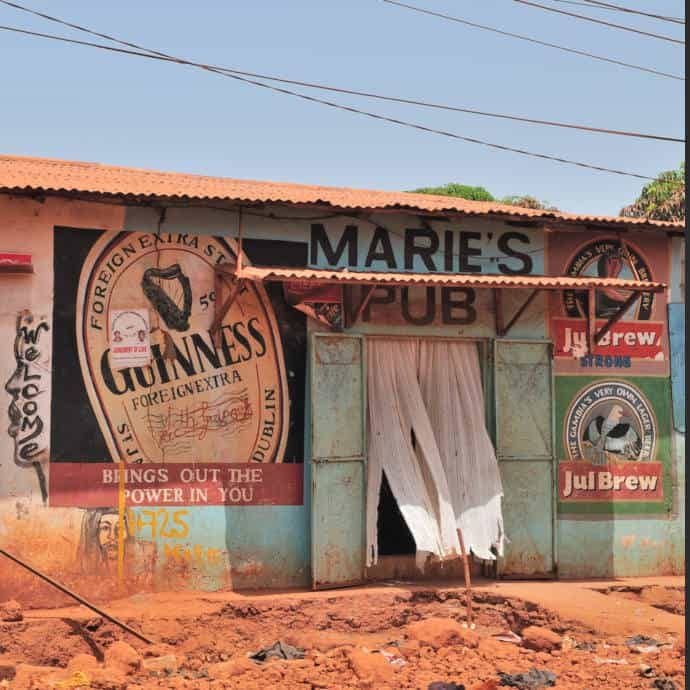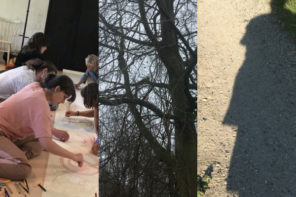It’s getting cold (in some parts of the world) and, as we all know, the best thing for keeping ears warm is anthropology. Don’t have an anthropologist on hand to talk to you? Bored of the anthropologists you already have and looking for someone new? Well, today is your lucky day. Along with New Books in Anthropology, we bring you some new and old anthropologists talking about their new books.
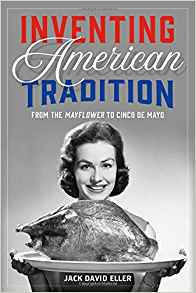
by Jack David Eller
(Reaktion books 2018)
Americans gathering for Thanksgiving this week may assume they are continuing an unbroken chain of tradition that traces directly back to Massachusetts settlers in 1620. In fact, many of our most cherished Thanksgiving traditions are far more recent, and some are at odds with the historical record. When you examine various American traditions through the eyes of a historian and a cultural anthropologist, the gap between myth and fact can be vast. But that gap is instructive in revealing what Americans believe about ourselves. This is what Jack David Eller contends in Inventing American Tradition: From the Mayflower to Cinco de Mayo (Reaktion Books, 2018).
Interview by Nathan Biema
Listen here!
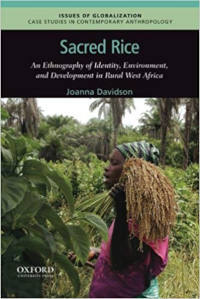
by Joanna Davidson
(Oxford University Press 2015)
Sacred Rice: An Ethnography of Identity, Environment, and Development in Rural West Africa (Oxford University Press, 2015) is a book about change. The Jola, a people living in Guinea-Bissau, have long cultivated rice and formed their social identity around its growth, but recent changes in climate, economic, political and social circumstances have rendered this a precarious existence. As a result, individuals from the village where Prof. Joanna Davidson has spent years conducting in-depth ethnographic fieldwork have been forced to integrate not just the outside world, but changes in their own society. How these changes have affected them and how they have dealt with them, along with what this means in terms of our thinking about development theory and social change in general, form the major theme of this excellently researched book that tells us about the history of rice in Africa, West Africa generally and about a village in particular.
We’ll talk to her about how she found the village where she did her work, how she became interested in the topic, what the Jola as a people are like, the changes they are experiencing as well as what we might learn about the Jola and even ourselves.
Interview by Jeffrey Bristol
Listen here!
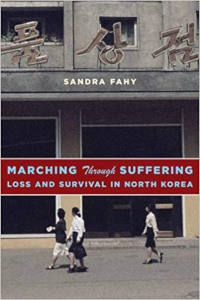
by Sandra Fahy
(Columbia University Press 2015)
Amidst an atmosphere of hope on the Korean Peninsula over the past year, questions over the wellbeing of North Korea’s population have again come to global attention. But this is far from the first time that such a subject has been in the news, for ever since the catastrophic famine which affected the country from the mid-to-late 1990s, discussions of human rights abuses and malnutrition have been frequent.
Sandra Fahy’s Marching through Suffering: Loss and Survival in North Korea (Columbia University Press, 2015) is based on interviews with survivors of that seminal and devastating moment in the DPRK’s recent history. Adding careful framing and contextualisation, and paying close attention to her interlocutors’ linguistic and expressive nuances, Fahy leads us into the lifeworlds of a wide range of North Koreans: parents and children, bureaucrats and farmers, soldiers, miners and students. The book’s account of the consequences of the disaster for community, political and economic life in North Korea is as important as it is chilling, and offers deep insight into a situation which should remain in the mind of anyone seeking to understand a changing Korea today.
Interview by Ed Pulford
Listen here!
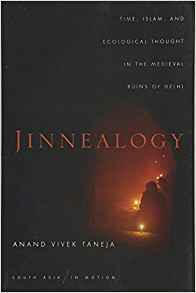
by Anand Taneja
(Stanford University Press 2017)
Anand Taneja’s Jinnealogy: Time, Islam, and Ecological Thought in the Medieval Ruins of Delhi (Stanford University Press, 2017) is a landmark publication that interrogates modes of religious practice and imaginaries of time that disrupt dominant claims and narratives of the post-colonial state about religion and religious identity. Centered on the ruins of Firoz Shah Kotla in Delhi, this book brings into view visions of sovereignty, ethics, hospitality, and inter-communal encounters that rescue Islam in modern South Asia from the suffocating pressures, anxieties, and amnesias of nationalist politics and historiographies. Conceptually bold, ethnographically vivacious, and historically grounded, this book masterfully carries a tragic sensibility while also offering provocative avenues of hope and optimism. Written with poetic eloquence and lyrical command, this book will not only be widely read and debated by scholars of South Asia, Islam, and religion, it also cries out for adoption as what will surely become a Bollywood blockbuster.
Interview by SherAli Tareen
Listen here!
Featured image (cropped) by Kevin Sharp (flickr, CC BY-NC 2.0)

